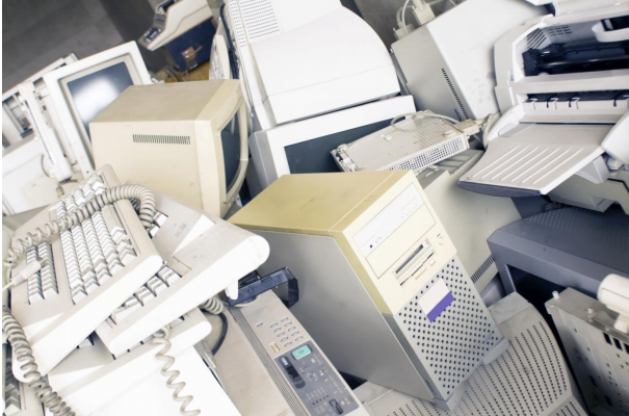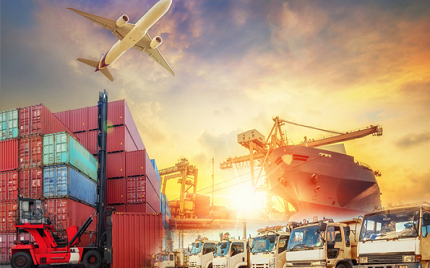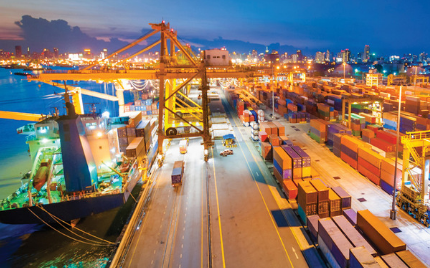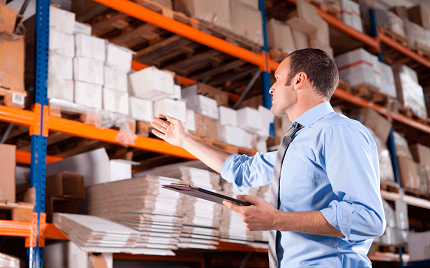WEEE stands for Waste Electrical and Electronic Equipment
The WEEE Directive is a legislation that in conjunction with RoHS, mandates for the collection, recovery and recycling of electronics, and component materials. The WEEE Directive was passed in the European Community (EC) in February 2003.

The WEEE Directive aims to improve the environmental performance of businesses that manufacture, supply, use, recycle and recover electrical electronic equipments.
One very important stipulation of the Directive is that manufacturers are responsible for the disposal of their products and must deal with their disposal in an environmentally- responsible manner. The Directive also says that the consumer of the goods should be able to, at a minimum, to return them, free of charge, to the manufacturer, for disposal.
The Directive introduce new responsibilities for businesses and other non-household users of electrical and electronic equipment (EEE). This includes businesses, schools, hospitals, and government agencies when they dispose their electrical waste. These organisations need to ensure that all separately collected WEEE is treated and recycled. The business or the producer of the (EEE) pays for this depends on the circumstances.
THE NEED TO RECYCLE WEEE
Recycling WEEE has many environmental and economic benefits that make recycling the clear choice when disposing waste. Protects habitats Incorrect disposal of hazardous waste, such as solvents and heavy metals, can cause toxic substances to seep into the soil and contaminate the water supplies and habitats of many nearby fauna. Once these substances have been absorbed into the earth, they are very difficult to clean up and can have a substantial detrimental effect on the local ecosystem. Choosing to recycle waste reduces this risk and help keeps the balance of the local wildlife intact.
Reduce consumption of raw materials
Recycling means that fewer raw materials will be needed for production, when it comes to hazardous waste this is especially beneficial as it means less hazardous produce will be created for use in the next generation of products, maintaining a steady level, or lowering the amount of hazardous waste, in the environment. As beneficial as this is to the environment, it is also financially beneficial. When recycling, productions become more efficient, enabling the cost of purchasing raw materials to reduce and retail prices to be lowered.
Burn fewer fossil fuels
Fossil fuels are a limited resource and preserving them is of utmost importance. Recycling requires less energy than complete production, meaning fewer fossil fuels will be burned and we can preserve our stores for a while longer.
Reduce emissions
By reducing the amount of fossil fuels burned in the creation of hazardous products, the amount of harmful emissions, such as carbon dioxide, that are released into the atmosphere are reduced.
Positive image
The importance of preserving the environment is a global issue that a large population of the world, and indeed the governments, are backing completely. ‘Going Green’ with your business or company allows a company to branded as environmentally responsible which portrays a good corporate image and may even help to increase revenue.
WAYS TO RECYCLE WEEE
Below are a few ways to recycle your WEEE Waste.
- Take it to the Recyclers
- Donate it
- Take it to a Tech Firm
Source and citation:
http://www.consumerreports.org
http://tes-amm.net/weee-waste-electrical-and-electronic-equipment-2/
Written by GANESH KRITHIVASAN










